IHRE PRIVATSPHÄRE IST UNS WICHTIG
Edmund Optics verwendet Cookies, um dieFunktionen und Inhalte unserer Website zu optimieren und zu verbessern. Miteinem Klick auf „OK“ erhalten Sie die volle Benutzererfahrung. WeitereInformationen über die von uns verwendeten Cookies werden durch Klicken auf„Details“ angezeigt. Wir werden Ihre Daten aus Marketing-Cookies NICHTverkaufen, sondern verwenden sie NUR, um IHRE Erfahrungen mit Edmund Optics zuverbessern.
| Name | Anbieter | Zweck | Maximale Speicherdauer | Typ |
|---|---|---|---|---|
| __lc_cid | LiveChat | Notwendig für die Funktion des Chats auf der Webseite. | 400 Tage | HTTP-Cookie |
| __lc_cst | LiveChat | Notwendig für die Funktion des Chats auf der Webseite. | 400 Tage | HTTP-Cookie |
| #:state | Livechat | Notwendig für die Funktionalität der Chat-Box-Funktion der Webseite. | Beständig | HTML Local Storage |
| __cf_bm [x2] | edmundoptics.com eogo.edmundoptics.com | Dieser Cookie wird verwendet, um zwischen Menschen und Bots zu unterscheiden. Dies ist vorteilhaft für die Website, um gültige Berichte über die Nutzung Ihrer Website zu erstellen. | 1 Tag | HTTP-Cookie |
| QuoteID | edmundoptics.de | Speichert die ID der Angebotsanfrage. | 14 Tage | HTTP-Cookie |
| BIGipServer# | eogo.edmundoptics.com | Verwendet, um Verkehr auf der Website auf mehreren Servern zu verteilen, um die Antwortzeiten zu optimieren. | Sitzung | HTTP-Cookie |
| rc::a | Dieser Cookie wird verwendet, um zwischen Menschen und Bots zu unterscheiden. Dies ist vorteilhaft für die Website, um gültige Berichte über die Nutzung Ihrer Website zu erstellen. | Beständig | HTML Local Storage | |
| rc::c | Dieser Cookie wird verwendet, um zwischen Menschen und Bots zu unterscheiden. | Sitzung | HTML Local Storage | |
| li_gc | Speichert den Zustimmungsstatus des Benutzers für Cookies auf der aktuellen Domäne. | 180 Tage | HTTP-Cookie | |
| AWSALB [x2] | productimages.edmundoptics.com www.edmundoptics.de | Registriert, welcher Server-Cluster den Besucher bedient. Dies wird im Zusammenhang mit dem Lastausgleich verwendet, um die Benutzererfahrung zu optimieren. | 7 Tage | HTTP-Cookie |
| AWSALBCORS [x2] | productimages.edmundoptics.com www.edmundoptics.de | Registriert, welcher Server-Cluster den Besucher bedient. Dies wird im Zusammenhang mit dem Lastausgleich verwendet, um die Benutzererfahrung zu optimieren. | 7 Tage | HTTP-Cookie |
| jsV | service.mtcaptcha.com | These cookies are used to secure the website from unwanted bots and automated scripts and help verify human users. | Sitzung | HTTP-Cookie |
| mtv1ConfSum | service.mtcaptcha.com | https://www.mtcaptcha.com/faq-cookie-declaration | Sitzung | HTTP-Cookie |
| mtv1Pulse | service.mtcaptcha.com | https://www.mtcaptcha.com/faq-cookie-declaration | Sitzung | HTTP-Cookie |
| .AspNetCore.Antiforgery.# | www.edmundoptics.de | Hilft, Cross-Site Request Forgery- (CSRF-) Angriffe zu verhindern. | Sitzung | HTTP-Cookie |
| .AspNetCore.Mvc.CookieTempDataProvider | www.edmundoptics.de | Behält die Zustände des Benutzers bei allen Seitenanfragen bei. | Sitzung | HTTP-Cookie |
| CookieConsent | Cookiebot | Speichert den Zustimmungsstatus des Benutzers für Cookies auf der aktuellen Domäne. | 1 Jahr | HTTP-Cookie |
| UMB_SESSION | www.edmundoptics.de | Speichert das Domain-Präfix, um festzustellen, ob es https- oder http-URL-Eigenschaften enthält. | Sitzung | HTTP-Cookie |
| Name | Anbieter | Zweck | Maximale Speicherdauer | Typ |
|---|---|---|---|---|
| __oauth_redirect_detector | LiveChat | Ermöglicht der Webseite, den Besucher zu erkennen, um die Chat-Box-Funktionalität zu optimieren. | 1 Tag | HTTP-Cookie |
| @@lc_auth_token:3b0f44ba-5eb5-4bb1-a9e1-2214776a186b | Livechat | Identifies the visitor across devices and visits, in order to optimize the chat-box function on the website. | Beständig | HTML Local Storage |
| @@lc_ids | Livechat | Identifiziert den Besucher über Geräte und Besuche hinweg, um die Chatbox-Funktion auf der Webseite zu optimieren. | Beständig | HTML Local Storage |
| chatEngaged | edmundoptics.de | Zeigt an, ob der Benutzer die Chat-Funktion der Webseite genutzt hat, um zu bestimmen, ob ihm Chat-Einladungen angezeigt werden sollen. | 14 Tage | HTTP-Cookie |
| Name | Anbieter | Zweck | Maximale Speicherdauer | Typ |
|---|---|---|---|---|
| _livechat_has_visited | Livechat | Identifiziert den Besucher über Geräte und Besuche hinweg, um die Chatbox-Funktion auf der Webseite zu optimieren. | Beständig | HTML Local Storage |
| _conv_r | Convert Insight | Dieses Cookie wird als Referral-Cookie benutzt, in dem das Profil des Besuchers gespeichert ist – das Cookie wird überschrieben, wenn der Besucher die Website erneut aufruft und neue Informationen über den Besucher gesammelt und gespeichert werden. | Sitzung | HTTP-Cookie |
| _conv_s | Convert Insight | Dieses Cookie enthält einen ID-String über die aktuelle Sitzung. Dieser beinhaltet nicht personenbezogene Informationen über die Unterseiten, die der Besucher aufruft – diese Informationen werden benutzt, um die Nutzererfahrung des Besuchers zu optimieren. | 1 Tag | HTTP-Cookie |
| _conv_v | Convert Insight | Dieses Cookie wird benutzt, um die Häufigkeit und die Dauer der Website-Besuche festzustellen. Das Cookie wird ebenfalls dafür benutzt, um festzustellen, wie viele und welche Unterseiten der Besucher auf einer Website aufruft – diese Informationen können von der Website benutzt werden, um die Domain und die dazugehörigen Unterseiten zu optimieren. | 6 Monate | HTTP-Cookie |
| _ga | Registriert eine eindeutige ID, die verwendet wird, um statistische Daten darüber zu generieren, wie der Besucher die Webseite nutzt. | 25 Monate | HTTP-Cookie | |
| _ga_# | Sammelt Daten dazu, wie oft ein Benutzer eine Website besucht hat, sowie Daten für den ersten und letzten Besuch. Von Google Analytics verwendet. | 25 Monate | HTTP-Cookie | |
| ce_diff_time | edmundoptics.de | Wird von Crazy Egg zum Zeitversatz für Analysezwecke verwendet. | 14 Tage | HTTP-Cookie |
| ce_ip_address | edmundoptics.de | Wird von Crazy Egg verwendet, um die IP-Adresse des Nutzers zu speichern. | 14 Tage | HTTP-Cookie |
| Name | Anbieter | Zweck | Maximale Speicherdauer | Typ |
|---|---|---|---|---|
| conv_rand | Convert Insight | Dieses Cookie wird vom Betreiber der Website im Zusammenhang mit multivariaten Tests verwendet. Dies ist ein Werkzeug, mit dem Inhalte auf der Website kombiniert oder geändert werden können. Dies ermöglicht es der Website, die beste Variante/Edition der Website zu finden. | Beständig | HTML Local Storage |
| lastExternalReferrer | Meta Platforms, Inc. | Ermittelt, wie der Nutzer die Website erreicht hat, indem seine letzte URL-Adresse registriert wird. | Beständig | HTML Local Storage |
| lastExternalReferrerTime | Meta Platforms, Inc. | Ermittelt, wie der Nutzer die Website erreicht hat, indem seine letzte URL-Adresse registriert wird. | Beständig | HTML Local Storage |
| IDE | Wird von Google DoubleClick verwendet, um die Aktionen des Webseiten-Nutzers nach dem Ansehen einer Anzeige oder dem Klicken auf eine der Anzeigen des Inserenten zu registrieren, mit dem Zweck die Wirksamkeit einer Anzeige zu messen und dem Nutzer gezielte Anzeigen zu präsentieren. | 400 Tage | HTTP-Cookie | |
| pagead/landing [x2] | Sammelt Daten zum Besucherverhalten auf mehreren Webseiten, um relevantere Werbung zu präsentieren - Dies ermöglicht es der Webseite auch, die Anzahl der Anzeige der gleichen Werbung zu begrenzen. | Sitzung | Pixel-Tracker | |
| test_cookie | Wird verwendet, um zu prüfen, ob der Browser des Benutzers Cookies unterstützt. | 1 Tag | HTTP-Cookie | |
| __tld__ | Wisepops | Wird verwendet, um Besucher auf mehreren Websites zu tracken, um relevante Werbung basierend auf den Präferenzen des Besuchers zu präsentieren. | Sitzung | HTTP-Cookie |
| _conv_sptest | Convert Insight | Dieses Cookie wird vom Betreiber der Website im Zusammenhang mit multivariaten Tests verwendet. Dies ist ein Werkzeug, mit dem Inhalte auf der Website kombiniert oder geändert werden können. Dies ermöglicht es der Website, die beste Variante/Edition der Website zu finden. | Sitzung | HTTP-Cookie |
| _fbp | Meta Platforms, Inc. | Wird von Facebook verwendet, um eine Reihe von Werbeprodukten zu liefern, wie z.B. Echtzeit-Angebote von Drittanbietern. | 3 Monate | HTTP-Cookie |
| _gaexp | edmundoptics.de | Dieses Cookie wird von Google Analytics verwendet, um festzustellen, ob der Besucher an ihren Marketing-Experimenten beteiligt ist. | 14 Tage | HTTP-Cookie |
| _gcl_au | Wird von Google AdSense zum Experimentieren mit Werbungseffizienz auf Webseiten verwendet, die ihre Dienste nutzen. | 3 Monate | HTTP-Cookie | |
| gwcc | edmundoptics.de | Ermöglicht Google Website Call Conversions - Hier wird registriert, ob der Besucher innerhalb der "Kontakt"-Unterseite auf „Anruf“ geklickt hat. Diese Information wird für Marketing und statistische Zwecke verwendet. | 14 Tage | HTTP-Cookie |
| m | edmundoptics.de | Tracking-Pixel, die von der südkoreanischen Firma Naver Analytics verwendet werden, um das Webseiten-Engagement zu verfolgen. | 14 Tage | HTTP-Cookie |
| NWB | edmundoptics.de | Wird von der südkoreanischen Firma Naver Analytics für Webanalysen verwendet, die Webseiten-Traffic verfolgen und speichern. | 14 Tage | HTTP-Cookie |
| NWB_LEGACY | edmundoptics.de | Wird von der südkoreanischen Firma Naver Analytics für Webanalysen verwendet, die Webseiten-Traffic verfolgen und speichern. | 14 Tage | HTTP-Cookie |
| wcs_bt | edmundoptics.de | Wird von der südkoreanischen Firma Naver Analytics für standortübergreifende Webanalysen verwendet. | 14 Tage | HTTP-Cookie |
| wisepops [x2] | Wisepops | Wird im Zusammenhang mit Popup-Werbeinhalgten verwendet - Das Cookie wird verwendet um zu bestimmen, welche Anzeigen dem Besucher angezeigt werden sollen, und um sicherzustellen, dass dieselben Anzeigen nicht mehr als vorgesehen angezeigt werden. | Sitzung | HTTP-Cookie |
| wisepops_props [x2] | Wisepops | Wird im Zusammenhang mit Popup-Werbeinhalgten verwendet - Das Cookie wird verwendet um zu bestimmen, welche Anzeigen dem Besucher angezeigt werden sollen, und um sicherzustellen, dass dieselben Anzeigen nicht mehr als vorgesehen angezeigt werden. | Sitzung | HTTP-Cookie |
| wisepops_session [x2] | Wisepops | Wird im Zusammenhang mit Popup-Werbeinhalgten verwendet - Das Cookie wird verwendet um zu bestimmen, welche Anzeigen dem Besucher angezeigt werden sollen, und um sicherzustellen, dass dieselben Anzeigen nicht mehr als vorgesehen angezeigt werden. | Sitzung | HTTP-Cookie |
| wisepops_visitor [x2] | Wisepops | Used in context with pop-up advertisement-content on the website. The cookie determines which ads the visitor should be shown, as well as ensuring that the same ads does not get shown more than intended. | Sitzung | HTTP-Cookie |
| wisepops_visits [x2] | Wisepops | Wird im Zusammenhang mit Popup-Werbeinhalgten verwendet - Das Cookie wird verwendet um zu bestimmen, welche Anzeigen dem Besucher angezeigt werden sollen, und um sicherzustellen, dass dieselben Anzeigen nicht mehr als vorgesehen angezeigt werden. | Sitzung | HTTP-Cookie |
| NID | Registriert eine eindeutige ID, die das Gerät eines wiederkehrenden Benutzers identifiziert. Die ID wird für gezielte Werbung genutzt. | 6 Monate | HTTP-Cookie | |
| pagead/1p-user-list/# | Wird verwendet, um zu tracken, ob der Besucher Interesse an bestimmten Produkten oder Ereignissen auf mehreren Websites gezeigt hat und wie der Besucher zwischen den Websites navigiert - Dies wird zur Messung des Werbeaufwands verwendet und erleichtert die Zahlung von Empfehlungsgebühren zwischen Websites. | Sitzung | Pixel-Tracker | |
| 1.gif | Usercentrics GmbH | Wird verwendet, um die Anzahl der Sitzungen auf der Website zu zählen, was für die Optimierung der Bereitstellung von CMP-Produkten erforderlich ist. | Sitzung | Pixel-Tracker |
| bcookie | Wird vom sozialen Netzwerkdienst LinkedIn verwendet, um die Nutzung eingebetteter Dienste zu verfolgen. | 1 Jahr | HTTP-Cookie | |
| lidc | Wird vom sozialen Netzwerkdienst LinkedIn verwendet, um die Nutzung eingebetteter Dienste zu verfolgen. | 1 Tag | HTTP-Cookie | |
| wisepops_session_id | Wisepops | Used in context with pop-up advertisement-content on the website. The cookie determines which ads the visitor should be shown, as well as ensuring that the same ads does not get shown more than intended. | Sitzung | HTML Local Storage |
| wisepops_session_landing_url | Wisepops | Used in context with pop-up advertisement-content on the website. The cookie determines which ads the visitor should be shown, as well as ensuring that the same ads does not get shown more than intended. | Sitzung | HTML Local Storage |
| wisepops_session_referrer | Wisepops | Used in context with pop-up advertisement-content on the website. The cookie determines which ads the visitor should be shown, as well as ensuring that the same ads does not get shown more than intended. | Sitzung | HTML Local Storage |
| wisepops-pageview_id | Wisepops | Used in context with pop-up advertisement-content on the website. The cookie determines which ads the visitor should be shown, as well as ensuring that the same ads does not get shown more than intended. | Sitzung | HTML Local Storage |
| wisepops-uses-attention | Wisepops | Used in context with pop-up advertisement-content on the website. The cookie determines which ads the visitor should be shown, as well as ensuring that the same ads does not get shown more than intended. | Sitzung | HTML Local Storage |
| _mkto_trk | Marketo | Enthält Daten zum Besucherverhalten und zur Webseite-Interaktion. Dies wird im Zusammenhang mit dem E-Mail-Marketingdienst Marketo.com verwendet, der es der Webseite ermöglicht, Besucher per E-Mail anzusprechen. | 2 Jahre | HTTP-Cookie |
| #-# | YouTube | Used to track user’s interaction with embedded content. | Sitzung | HTML Local Storage |
| -4d71f366-628d2d | YouTube | Anstehend | Sitzung | HTML Local Storage |
| ba6c0b-432c3148 | YouTube | Anstehend | Sitzung | HTML Local Storage |
| iU5q-!O9@$ | YouTube | Registriert eine eindeutige ID, um Statistiken der Videos von YouTube, die der Benutzer gesehen hat, zu behalten. | Sitzung | HTML Local Storage |
| LAST_RESULT_ENTRY_KEY | YouTube | Wird verwendet, um die Interaktion der Nutzer mit eingebetteten Inhalten zu verfolgen. | Sitzung | HTTP-Cookie |
| LogsDatabaseV2:V#||LogsRequestsStore | YouTube | Stores the user's video player preferences using embedded YouTube video | Beständig | IndexedDB |
| nextId | YouTube | Wird verwendet, um die Interaktion der Nutzer mit eingebetteten Inhalten zu verfolgen. | Sitzung | HTTP-Cookie |
| remote_sid | YouTube | Notwendig für die Implementierung und Funktionalität von YouTube-Videoinhalten auf der Website. | Sitzung | HTTP-Cookie |
| requests | YouTube | Wird verwendet, um die Interaktion der Nutzer mit eingebetteten Inhalten zu verfolgen. | Sitzung | HTTP-Cookie |
| ServiceWorkerLogsDatabase#SWHealthLog | YouTube | Notwendig für die Implementierung und Funktionalität von YouTube-Videoinhalten auf der Website. | Beständig | IndexedDB |
| TESTCOOKIESENABLED | YouTube | Wird verwendet, um die Interaktion der Nutzer mit eingebetteten Inhalten zu verfolgen. | 1 Tag | HTTP-Cookie |
| VISITOR_INFO1_LIVE | YouTube | Versucht auf Seiten mit integrierten YouTube-Videos die Bandbreite der Benutzer zu schätzen. | 180 Tage | HTTP-Cookie |
| YSC | YouTube | Registriert eine eindeutige ID, um Statistiken darüber zu führen, welche Videos von YouTube der Benutzer gesehen hat. | Sitzung | HTTP-Cookie |
| yt.innertube::nextId | YouTube | Registriert eine eindeutige ID, um Statistiken der Videos von YouTube, die der Benutzer gesehen hat, zu behalten. | Beständig | HTML Local Storage |
| ytidb::LAST_RESULT_ENTRY_KEY | YouTube | Speichert die Benutzereinstellungen beim Abruf eines auf anderen Webseiten integrierten Youtube-Videos | Beständig | HTML Local Storage |
| YtIdbMeta#databases | YouTube | Wird verwendet, um die Interaktion der Nutzer mit eingebetteten Inhalten zu verfolgen. | Beständig | IndexedDB |
| yt-remote-cast-available | YouTube | Speichert die Benutzereinstellungen beim Abruf eines auf anderen Webseiten integrierten Youtube-Videos | Sitzung | HTML Local Storage |
| yt-remote-cast-installed | YouTube | Speichert die Videoplayereinstellungen des Benutzers für eingebettete YouTube-Videos. | Sitzung | HTML Local Storage |
| yt-remote-connected-devices | YouTube | Speichert die Videoplayereinstellungen des Benutzers für eingebettete YouTube-Videos. | Beständig | HTML Local Storage |
| yt-remote-device-id | YouTube | Speichert die Videoplayereinstellungen des Benutzers für eingebettete YouTube-Videos. | Beständig | HTML Local Storage |
| yt-remote-fast-check-period | YouTube | Speichert die Videoplayereinstellungen des Benutzers für eingebettete YouTube-Videos. | Sitzung | HTML Local Storage |
| yt-remote-session-app | YouTube | Speichert die Videoplayereinstellungen des Benutzers für eingebettete YouTube-Videos. | Sitzung | HTML Local Storage |
| yt-remote-session-name | YouTube | Speichert die Videoplayereinstellungen des Benutzers für eingebettete YouTube-Videos. | Sitzung | HTML Local Storage |
| Wir nutzen diese Cookie-Typen nicht. |
Cookies sind Textinformationen, die von Webseiten ausgelesen werden können, um das Nutzererlebnis effizienter zu gestalten.
Das Gesetz erlaubt, dass wir Cookies auf Ihrem Gerät speichern dürfen, die für eine ordnungsgemäße Funktionsweise dieser Webseite erforderlich sind. Für alle weiteren Arten von Cookies benötigen wir Ihre Einwilligung.
Diese Webseite nutzt unterschiedliche Arten von Cookies. Manche Cookies auf unserer Seite ermöglichen Tracking-Technologien von Dritten.
Sie können zu jeder Zeit Ihre Cookie-Zustimmung ändern oder Ihre Einwilligung unter unseren Cookie-Einstellungen zurückziehen.
Erfahren Sie mehr über uns, wie Sie uns kontaktieren können oder wie wir personenbezogene Informationen verarbeiten in unserer Datenschutzrichtlinie.
Bitte geben Sie Ihre Einwilligungs-ID und das Datum an, falls Sie uns hinsichtlich Ihrer Zustimmungserklärung kontaktieren.
Bei den meisten Web-Browsern können Sie Ihre Cookies in den Browser-Einstellungen einsehen - meistens im Tab "Datenschutz" oder "Sicherheit". Manche Browser ermöglichen das Löschen von bestimmten Cookies oder verhindern sogar, dass diese erstellt werden. Obwohl das Blockieren von Cookies in Ihrem Browser ein höheres Maß an Datenschutz erzeugen kann, wird dies nicht empfohlen, da viele Webseiten Cookies benötigen, um einwandfrei funktionieren zu können. Alternativ können Sie diese Seite www.aboutcookies.org besuchen, die Ihnen zeigt, wie Sie Cookies in den bekannten Browsern blockieren oder löschen können.













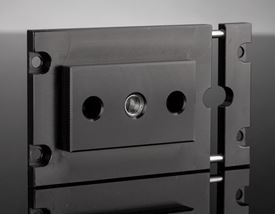
 Software
Software
 Software-Anleitung
Software-Anleitung
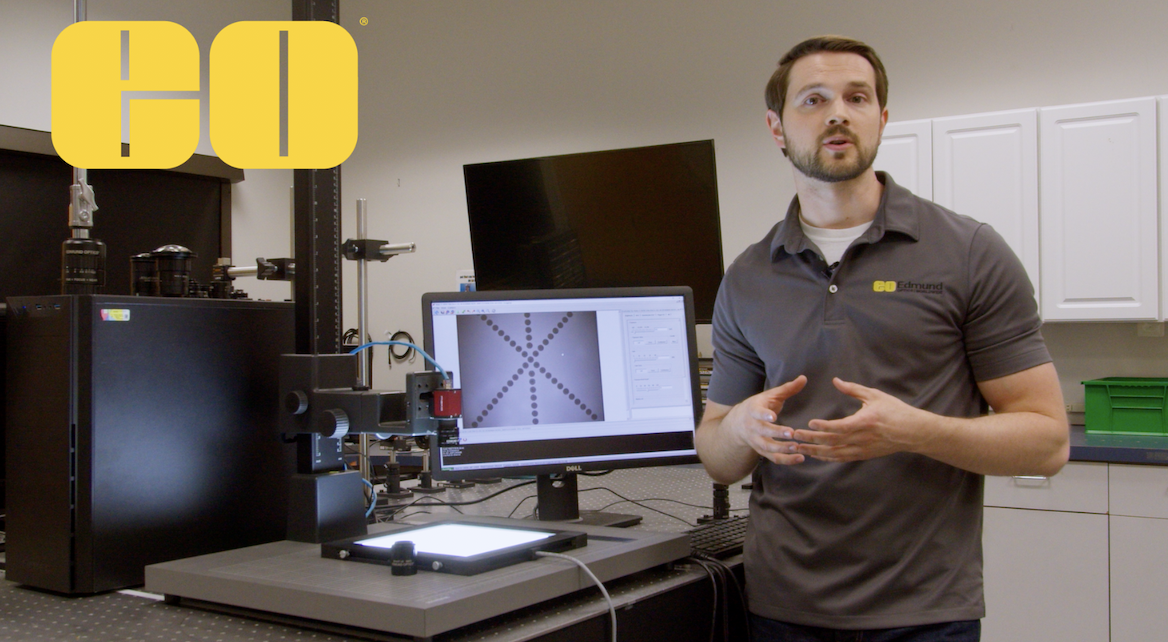

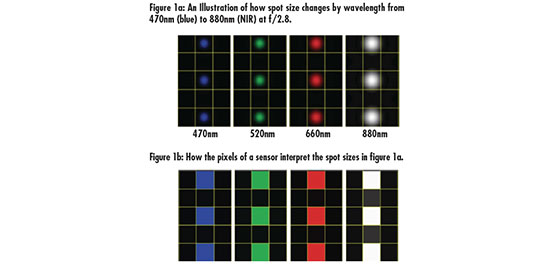
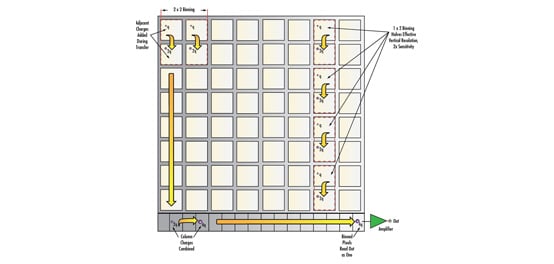
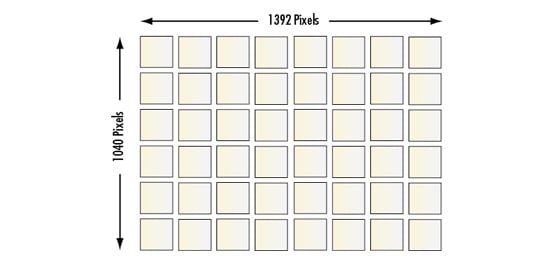
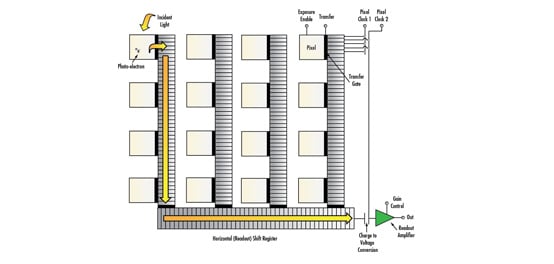
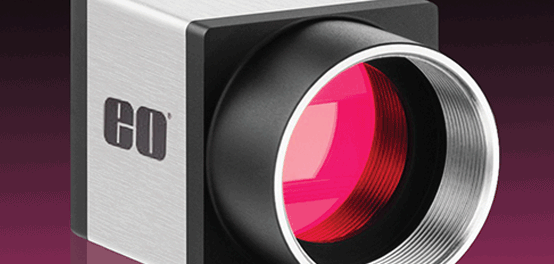

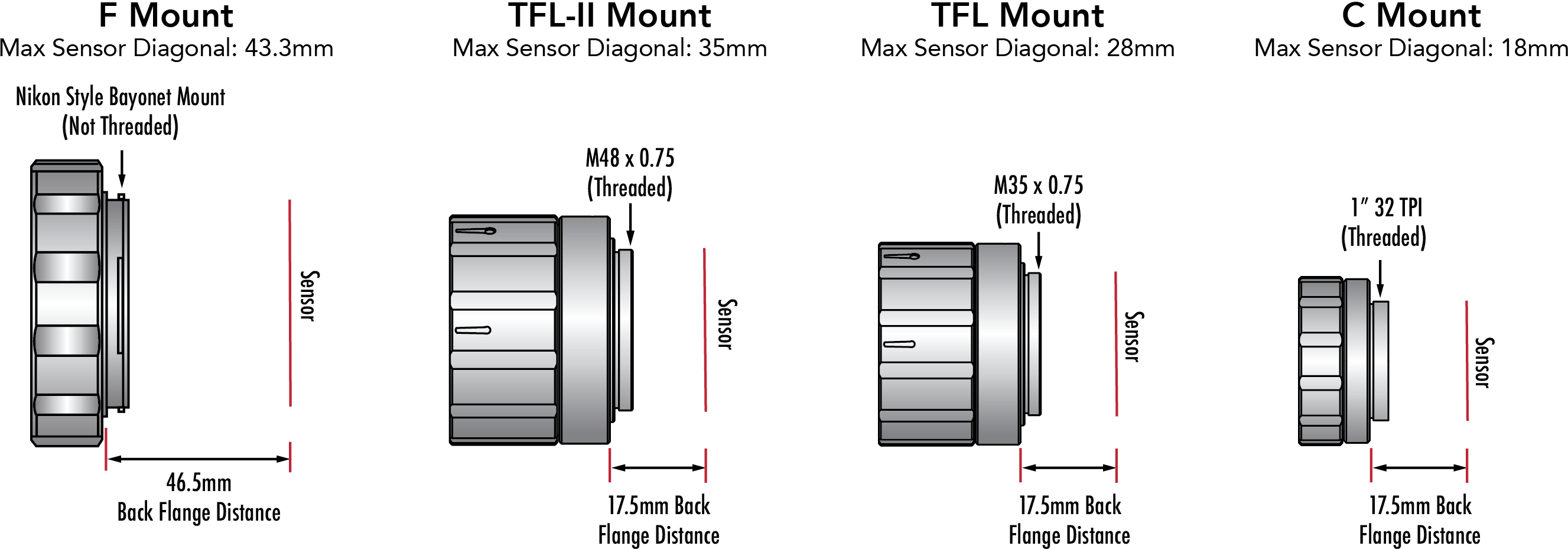
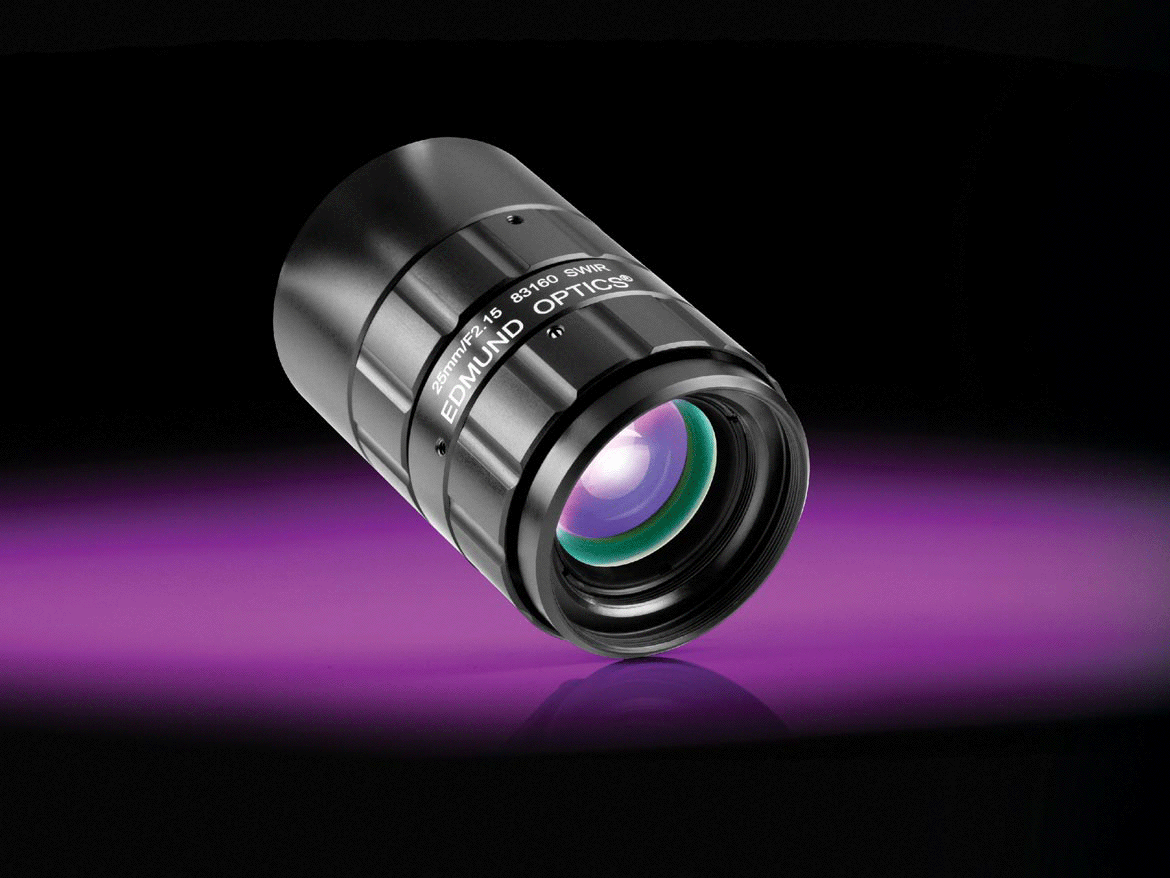

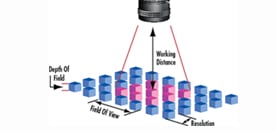
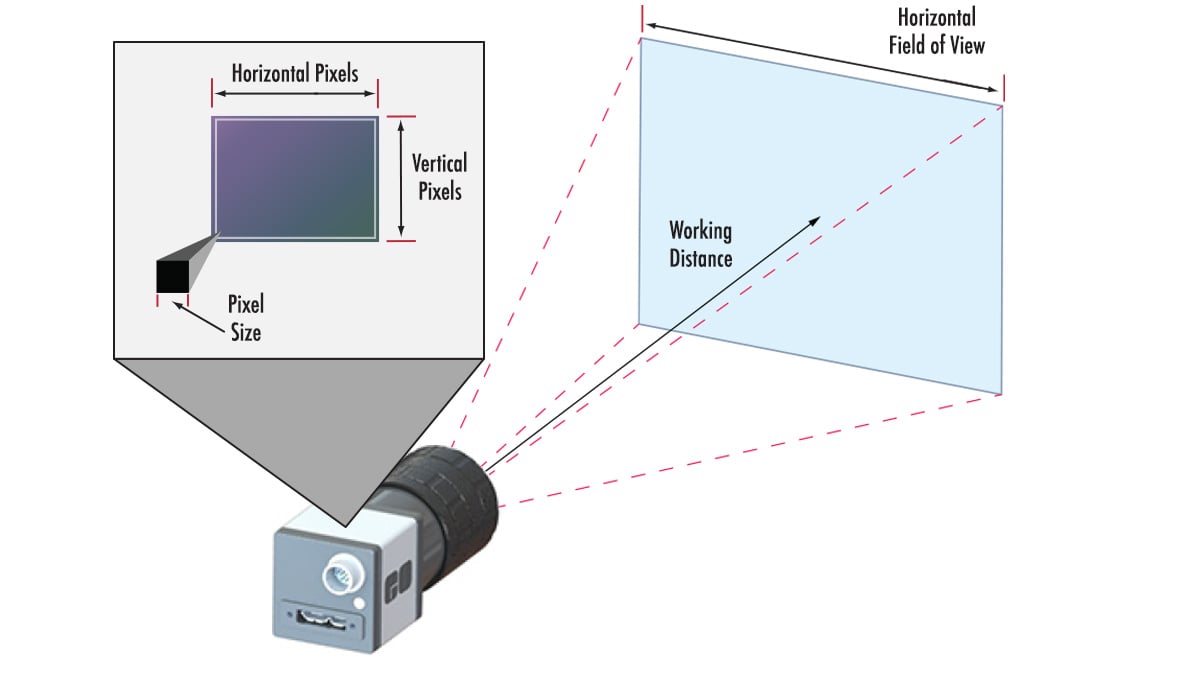

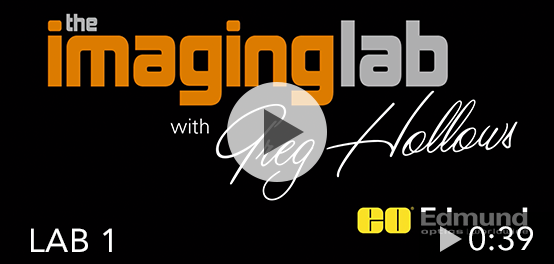

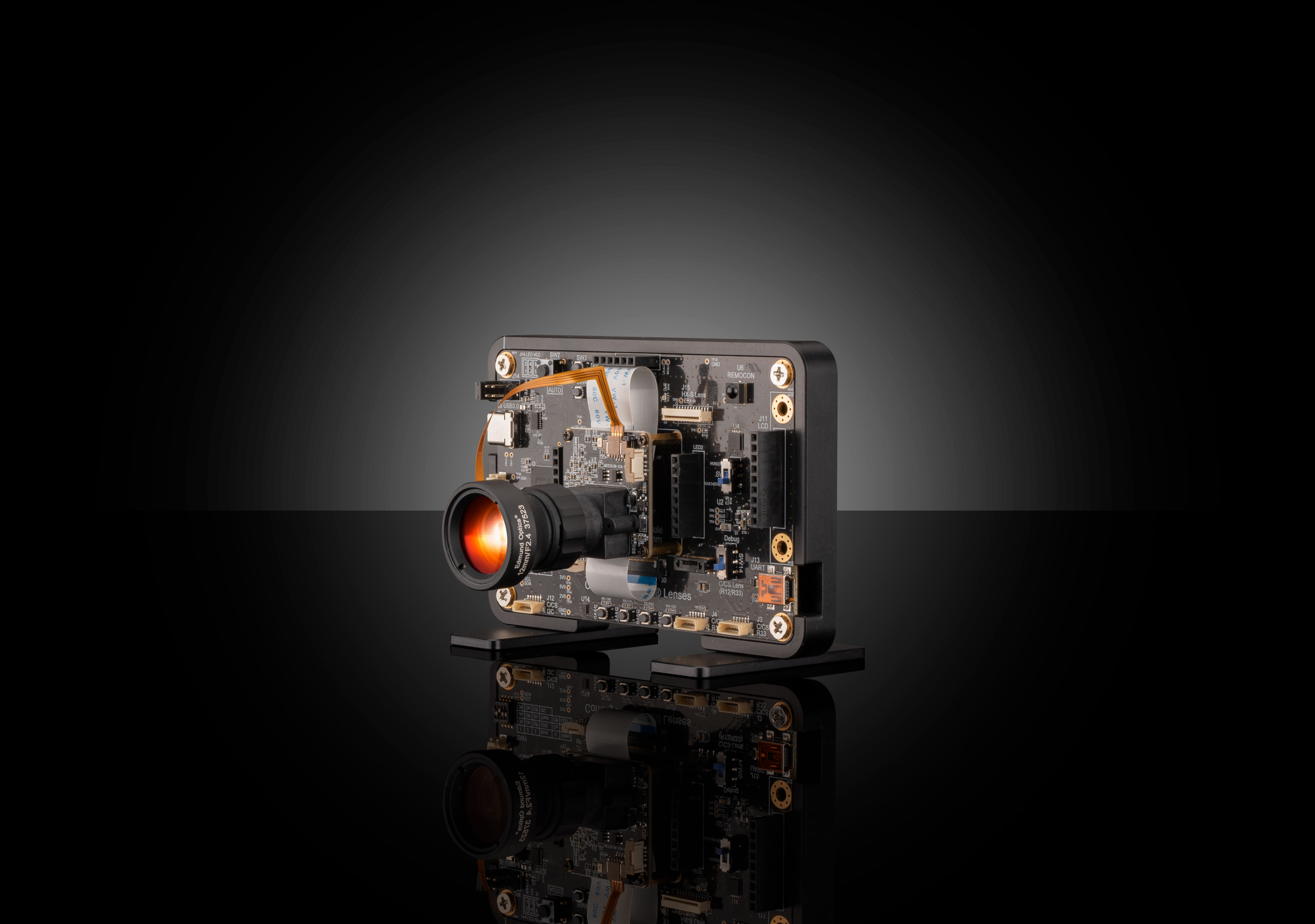
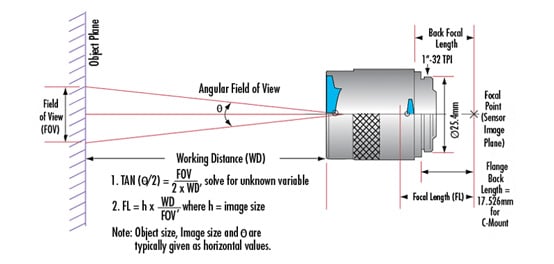
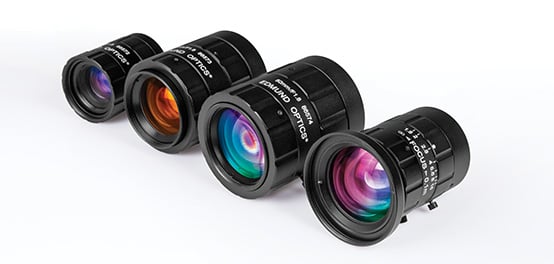
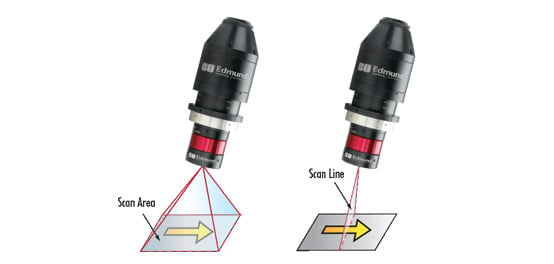
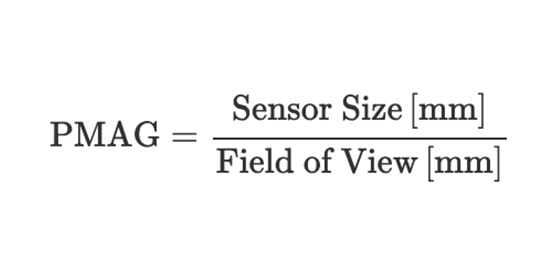
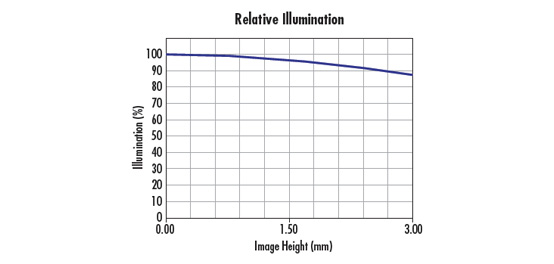
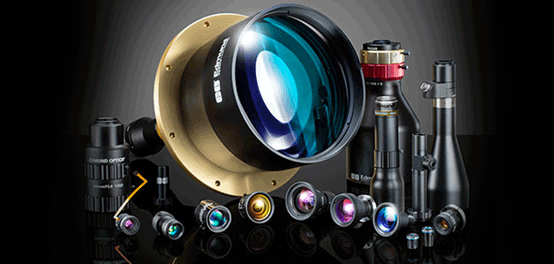
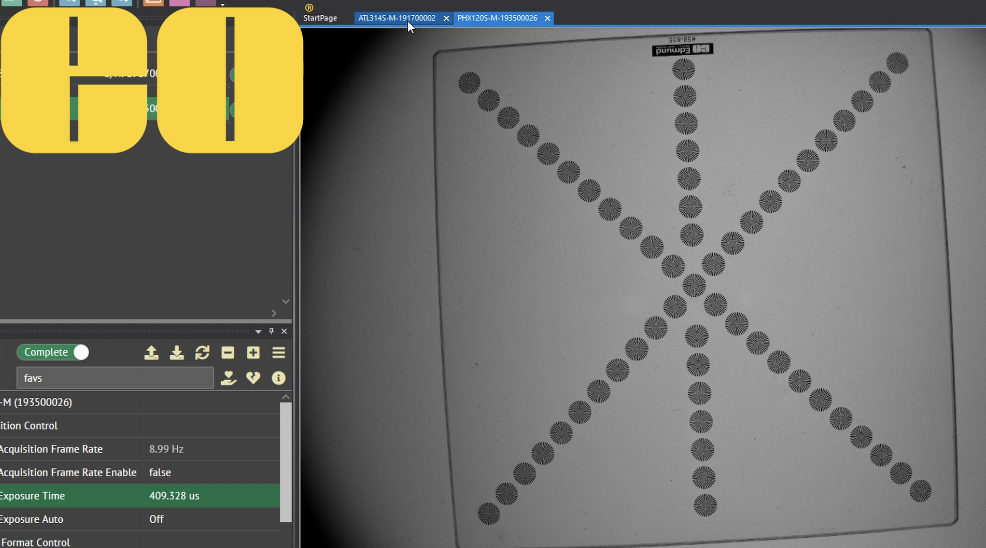

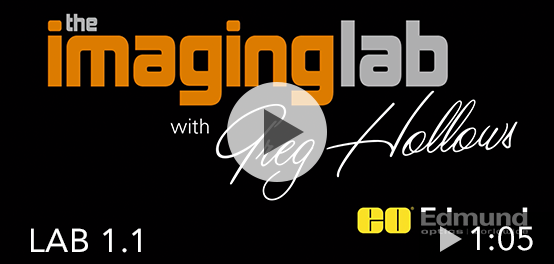
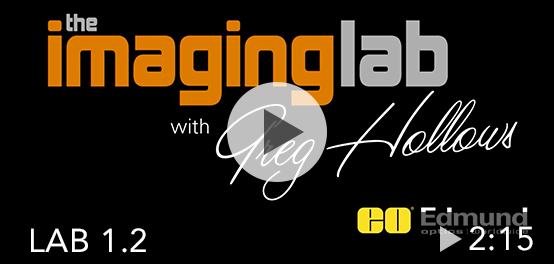



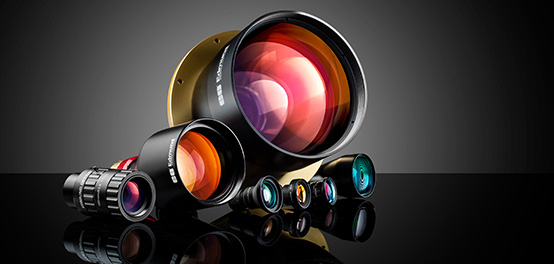
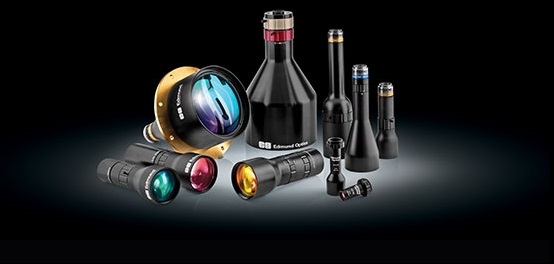
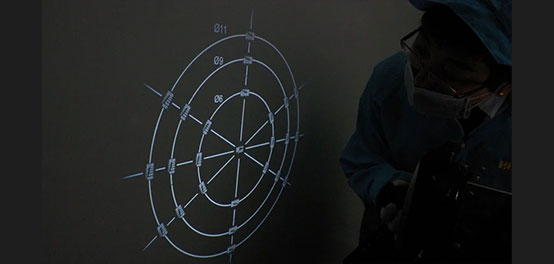



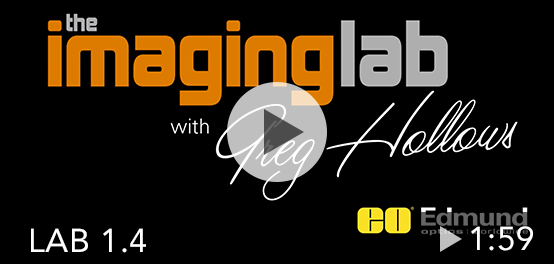
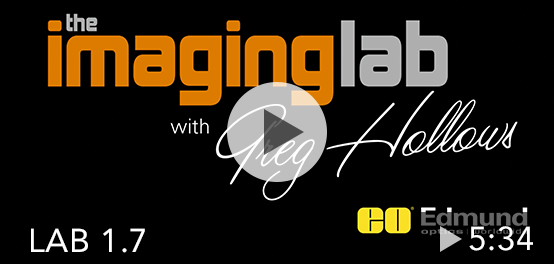

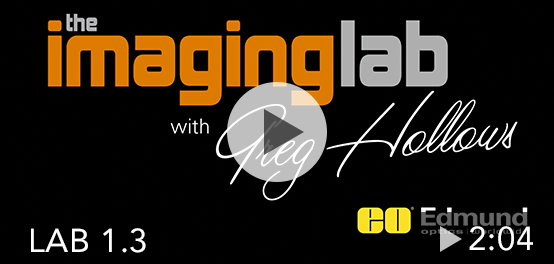
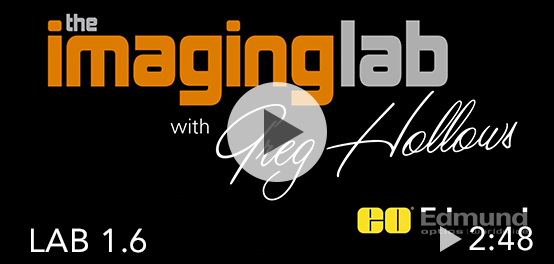

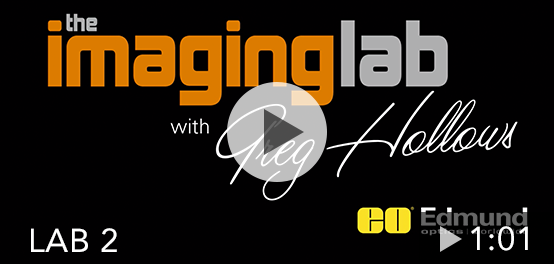

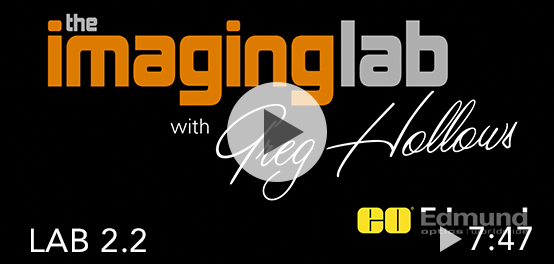
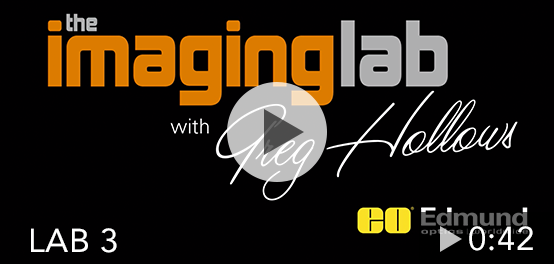
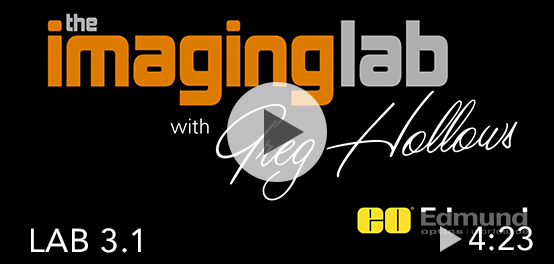



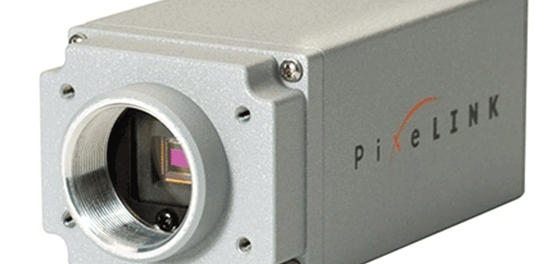
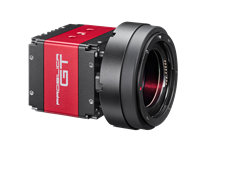
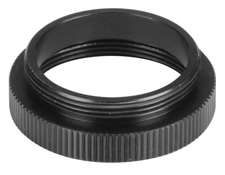


weitere regionale Telefonnummern
ANGEBOTSTOOL
Geben Sie zum Starten die Produktnummer ein.
Copyright 2023 | Edmund Optics, Ltd Unit 1, Opus Avenue, Nether Poppleton, York, YO26 6BL, UK
Die Edmund Optics GmbH Deutschland fungiert als Handelsvermittler für die Edmund Optics Ltd. in Großbritannien.
Vertragspartner ist die Edmund Optics Ltd. in Großbritannien.